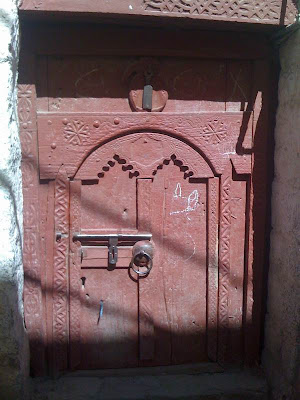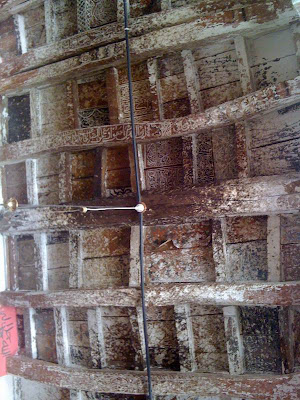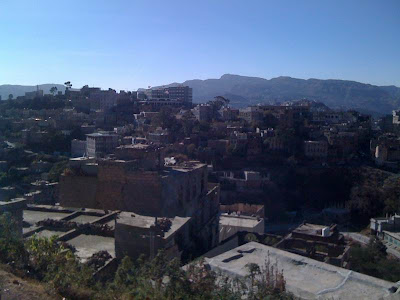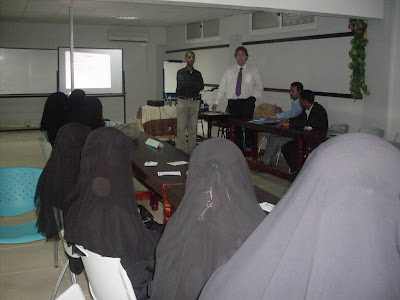could not accede to an arranged marriage, unless of course it was with ‘mmm’ perhaps Jenifer Aniston.
No, in reality my view remains, for the integrity of the union, and the existence of a successful marriage, there needs to be freedom of choice to enter into the agreement and likewise to exit it, as well as a process of mutual selection.”
It was pleasing to note that, a good number of students held the view that the arranged marriage was not a suitable method of spousal selection. Fellow trainer Hakim shared some very personal details from his own experiences, which re-enforced the philosophy that there should be an element of freedom of choice and involvement in the selection process.
A number of students argued that love, comes later. From this I understood the process briefly to be that, your mate is selected for you by your parents, and you enter into the marriage. This marriage is an arrangement (which includes funds passing to the bride’s father) and the bride and groom are expected to fall in love later and make it work.
Personally I still can’t agree that this is correct. Even in the animal kingdom the animals are free to select there own mate. However, our students produced convincing arguments for and against and after a lengthy and thought provoking debate we had to take another vote.
So finally after a good number of hours of debating, a second vote was taken. The result of which was surprising, considering the level of argument that was made for the case of “Love Marriages”.
The final outcome was 12 votes (for arranged marriages) and 4 votes (against arranged marriages). So our group believes that arranged marriages are they way forward.
This poses a further question; “Perhaps there is scope for both?” Those who wish to opt for an arranged marriage may do so but those who do not can decline any offers and hope to find that True Love, which so many people search for.
Conclusion:
These first three debates were a huge success, both in challenging the thinking of our students, especially with regard to their own culture and personal beliefs. As well as, in creating an opportunity for students gain experience in debating and arguing persuasively, as well as being succinct in their argument.
It was voted by an overwhelming majority that the debates be held on a six weekly cycle, and students were encouraged to bring along friends and other interested parties. It is worth noting at this juncture, that we had an enquiry via the internet from as far a field as Sanaa. Enquiring into where our debates were being held and how to get involved.
The positive response from the students and all involved has led to the following commitment from David and Hakim. Debates will be run on a six weekly cycle, topics to be nominated and selected by students. Furthermore, due to a huge desire from students to improve their English, David and Hakim have agreed to prepare a programme which will be run over the course of the year. Both Hakim and David will be involved in the preparation and delivery of this programme, which aims to be unique in its style.
Hopefully the programme will be diverse in its methodology, using drama, poetry and various techniques to improve the English language skills of the group. There has already been discussion on how this programme could potentially be rolled out nationally to assist both teachers of English and students in their studies.

















































